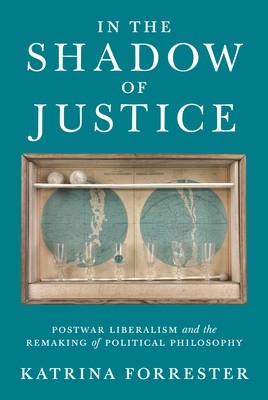
- We will send in 10–14 business days.
- Author: Katrina Forrester
- Publisher: Princeton University Press
- ISBN-10: 0691163081
- ISBN-13: 9780691163086
- Format: 16 x 23.6 x 3.3 cm, hardcover
- Language: English
- SAVE -10% with code: EXTRA
Reviews
Description
"A forceful, encyclopedic study."--Michael Eric Dyson, New York Times
A history of how political philosophy was recast by the rise of postwar liberalism and irrevocably changed by John Rawls's A Theory of Justice
EXTRA 10 % discount with code: EXTRA
The promotion ends in 17d.16:25:44
The discount code is valid when purchasing from 10 €. Discounts do not stack.
- Author: Katrina Forrester
- Publisher: Princeton University Press
- ISBN-10: 0691163081
- ISBN-13: 9780691163086
- Format: 16 x 23.6 x 3.3 cm, hardcover
- Language: English English
"A forceful, encyclopedic study."--Michael Eric Dyson, New York Times
A history of how political philosophy was recast by the rise of postwar liberalism and irrevocably changed by John Rawls's A Theory of Justice


Reviews